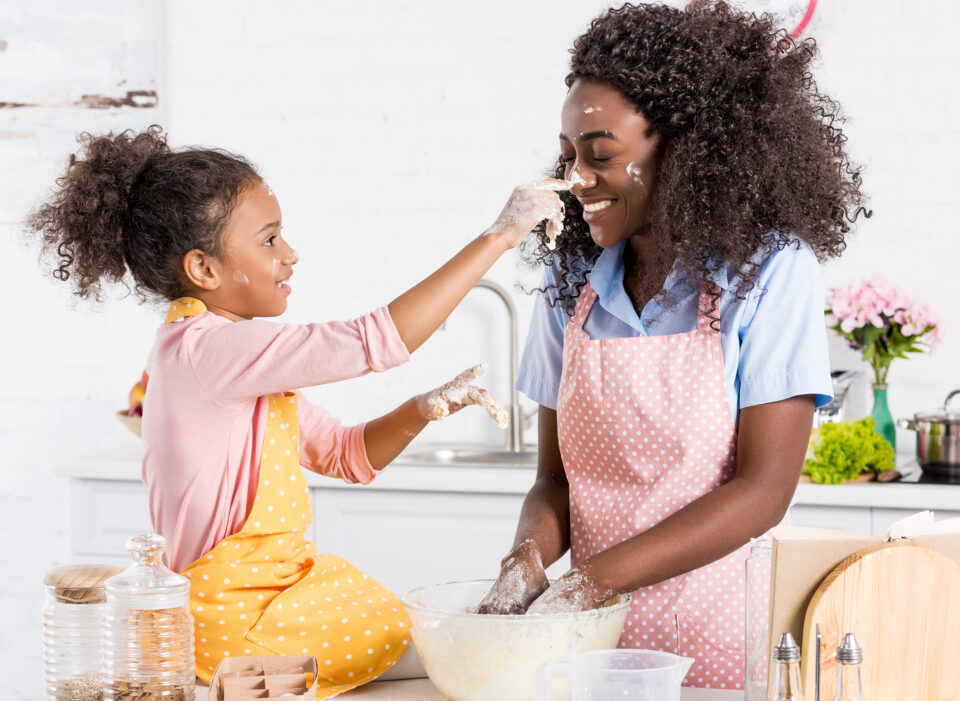According to a recent survey related to parenting about half of moms and one-third of dads surveyed (2,044 parents with kids under the age of 18) have resolutions this year related to their parenting. Many (47 percent) say they want to be more consistent with discipline. Seventy-eight percent say they will strive to be more patient. How about you? And how can you make your parenting dreams come true?
Responsive Parenting
The latest focus is on responsiveness. Mona Delahooke, a child psychologist and author of the national bestseller, Brain-Body Parenting: How to Stop Managing Behavior and Start Raising Joyful, Resilient Kids (Harper; 2022) says it can help. It’s about being emotionally present for your kids.
The hype around recent parenting styles has switched from, “what does my child need at this moment” to a mix of structure and empathy. Delahooke says you can discipline your child and set firm boundaries, while also acknowledging their feelings.
“Kindness and firmness are not oil and water,” Delahooke says. “They can go together.”
 Responsive Parenting REDUX
Responsive Parenting REDUX
Responsive parenting isn’t new, it has simply evolved. It’s not gentle parenting, it’s a form of it. Responsive parenting plays a major role in your child’s development of cognitive and social skills, Delahooke says. It focuses on empathy and respect and does away with punishment and yelling. When a parent is responsive, she responds to the underlying needs of the child and helps the child to self-regulate. The difference between gentle parenting and responsive parenting is clear: it’s firmer (it does away with coddling), and it takes your child’s emotions and growing sense of self into consideration.
A growing body of research shows the strong association between your parenting style and your child’s cognitive development. In responsive parenting, the parent recognizes their child’s emotional and physical needs and reacts to them appropriately and consistently. It can begin when your child is a baby.
According to the World Health Organization, “Maternal responsiveness in early childhood is associated with social competence and fewer behavioral problems at 3 years old; increased intelligent quotient (IQ) and cognitive growth at 4-and-a-half years; school achievement at 7 years and fewer behavioral and emotional problems at age 12.”
Research also shows that appropriate responsiveness develops within the parent-child relationship.
“When you’re quick to respond to your child’s needs, they don’t need to demand attention from you in negative ways,” says developmental psychologist Kimberly O’Brien.
The truth is, when kids don’t feel like their needs are being met, they may develop attention-seeking behaviors. Yet being a responsive parent doesn’t mean being at your child’s beck and call. Kids need attention and then you can back away.
“It’s often as simple as getting them started with an activity, such as helping them collect all of the items they need for a craft project,” O’Brien says. “Once they’re set up, you’ll be able to go back to your work or other activities,” she adds.
A Calm Home Environment
Want to have a home that’s peaceful with little yelling and arguing? Responsive parenting keeps your home quiet because it’s not reactive.
“Ignoring a request from a child generally doesn’t have a positive outcome,” says O’Brien. “The frustration builds on both sides and is likely to explode. While it may feel more difficult to respond to your child’s needs right away, once responsiveness is established, your home will be a calmer, happier place,” she adds.
Becoming a responsive parent is actually quite simple, Delahooke says. Responsive parents are attuned to their child’s emotions and react to their cues promptly in ways that are supportive and developmentally appropriate. It works best to establish it with babies and young children since with older children responsive parenting will require more work. See examples here of how to be responsive with your kids.





